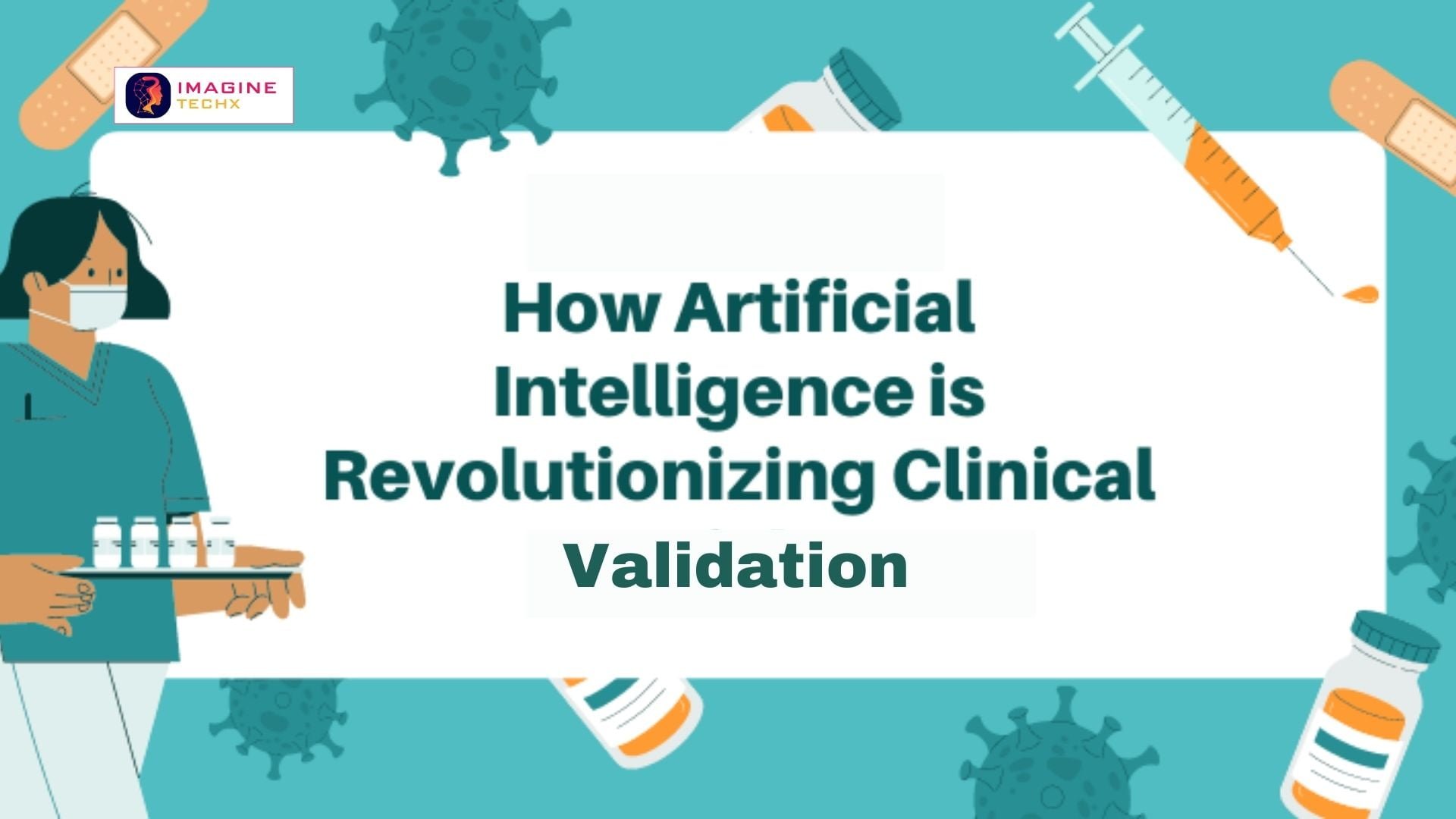The Future of Healthcare: How Artificial Intelligence is Revolutionizing Clinical Validation

Introduction Of How Artificial Intelligence is Revolutionizing Clinical Validation:
In the ever-evolving landscape of healthcare, clinical validation plays a pivotal role in ensuring the accuracy of medical records and claims. This process determines whether a reported medical condition aligns with established clinical criteria, ensuring that healthcare services are appropriately documented and reimbursed. The American Health Information Management Association (AHIMA) has recently shed light on the subject with its practice brief titled “Clinical Validation: A 2023 Update.” In this article, we’ll delve into the world of clinical validation, its challenges, and the exciting role that artificial intelligence (AI) is playing in transforming this critical aspect of healthcare.
Understanding Clinical Validation:
Clinical validation involves assessing whether a medical condition can be accurately reported based on documented clinical information that meets predefined criteria. While medical coding is essential for documenting conditions according to coding guidelines, clinical validation takes a step further. It necessitates that both coding guidelines and clinical validation criteria are met for a condition to be reported. This process demands extensive clinical knowledge and can be performed by various professionals, including coding experts, clinical documentation integrity (CDI) specialists, registered nurses, health information management (HIM) professionals, physicians, and more.
You Can Read This Post Also:
Using (AI) Artificial Intelligence for Marketing Purposes: Be careful
Challenges in Clinical Validation:
One significant challenge in clinical validation arises when health plans have their own clinical criteria for reporting conditions. Even if coding criteria are met, a claim may be denied if documentation falls short of these specific clinical criteria. For instance, the coding criteria for sepsis might be met, but an organization’s or health plan’s clinical criteria for diagnosing sepsis may not align. This lack of a universally accepted definition for clinical validation complicates the process further.
Clinical validation also faces variations between inpatient and outpatient guidelines for reporting chronic and uncertain conditions. However, AI holds the potential to bridge these gaps by offering standardized clinical validation criteria regardless of the care setting.
The Role of Clinical Indicators:
Clinical validation involves considering multiple clinical indicators for each documented condition. These indicators include clinical history, physical examination findings, lab results, imaging data, interventions, medications, and more. Managing this wealth of information for thousands of conditions is a daunting task even for skilled professionals. This challenge becomes more pronounced when physicians from different specialties need to review records created by other providers.
Artificial Intelligence in Clinical Validation:
Artificial intelligence, particularly machine learning, is rapidly emerging as a game-changer in clinical validation. CMS and commercial payers now require conditions to be fully supported clinically, demanding a deep understanding of numerous clinical indicators. AI, through machine learning, can ‘learn’ to recognize clinical indicators for diagnoses by analyzing vast amounts of clinical records. Teams of clinicians and coding experts provide feedback to refine AI systems, creating an iterative process for improvement.
Natural language processing and rules engines, once trained through machine learning, can identify valid conditions and relevant clinical indicators with increasing accuracy. While some automated coding tools may make occasional errors, these are typically rules-based and can be addressed by machine-based solutions.
Future Prospects of AI in Clinical Validation:
Advances in AI are poised to automate and improve the clinical validation process significantly. Currently, only a small percentage of records undergo clinical validation, often limited to a handful of conditions like sepsis. However, AI promises to expand the scope, making clinical validation applicable to a broader range of conditions. This will enhance efficiency and accuracy, reducing the workload for healthcare professionals and minimizing the risk of claim denials.
You Can Read This Post Also:
Netflix’s Surprise: DVDs Given Away as a Farewell Gift
Conclusion:
The healthcare industry is on the brink of a significant transformation, thanks to artificial intelligence. Clinical validation, a crucial element of healthcare reimbursement and audits, is benefiting from AI’s capabilities to handle vast amounts of clinical data and improve accuracy. As AI continues to evolve, its role in clinical validation is set to expand, empowering healthcare professionals with the knowledge and tools needed to provide better patient care and streamline the reimbursement process. Embracing AI in clinical validation is not just a trend; it’s a forward-looking strategy that promises a more efficient, accurate, and sustainable future for healthcare






